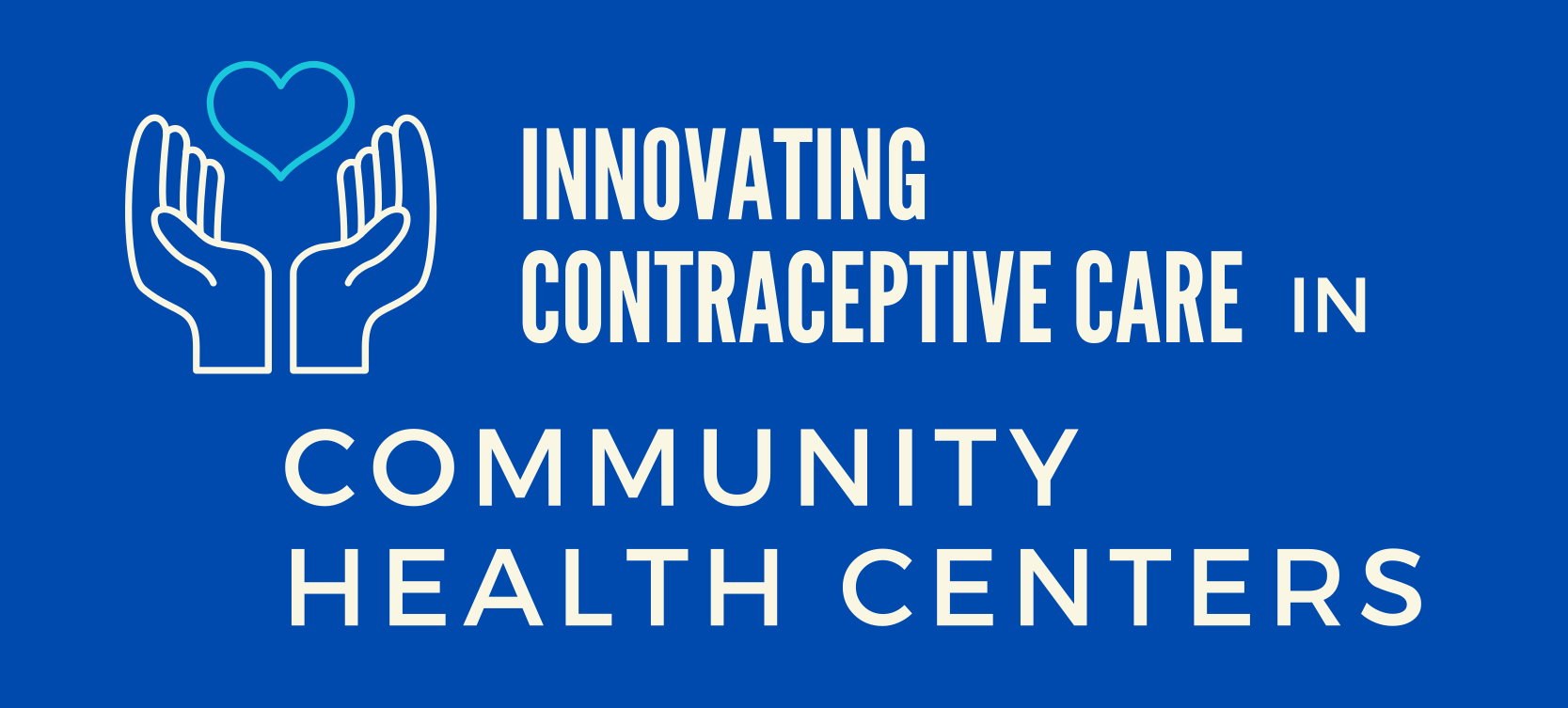The website summarizes evidence-based interventions and best practices strategies, as well as specific action steps for change, that CHCs may implement to improve access to person-centered contraceptive counseling and care in four category areas. CHCs participating in this project are encouraged to test, implement, and spread and sustain these interventions using PDSA cycles.
PDSA cycles are an evidence-based approach for action-oriented learning. They should be simple and efficient, with the goal of gathering just enough data to determine whether specific changes (i.e., interventions) will lead to measurable improvement. After all, it’s far more practical for a CHC to test the impact of a change in a contained, time-limited trial than to expend the resources needed to implement across the organization before knowing whether it will lead to positive change. A CHC may use PDSA cycles to implement several small, sequential changes or one major changes in a single department. The “trial” may last one day or take place over a few days, however much time is needed to identify whether the change leads to improvement.
The steps in a PDSA cycle include:
-
Plan: Plan the test or observation, including a plan for collecting data and testing the change.
-
Do: Implement the test on a small scale, observing and documenting problems and unexpected observations.
-
Study: Analyze the data and qualitative observations; compare collected data and observations to any predictions made during the planning stage; summarize and reflect on what was learned.
-
Act: Refine the change, based on what was learned, and identify what modifications should be made; prepare a plan for the next test, if applicable.
The four category areas for evidence-based interventions and best practice strategies include:
-
Leadership L : Executive leadership reinforces an organizational culture that prioritizes patient experience and the provision of high quality, person-centered contraceptive care, as well as employee engagement with and ownership of quality improvement efforts.
-
Clinical Operations O : Providing comprehensive, integrated contraceptive services in primary care settings requires specific attention to explicitly identifying patients’ reproductive health needs and establishing systems to provide patients with contraceptive counseling and access to their contraceptive method of choice as part of the same visit.
-
Staff Training, Attitudes, & Beliefs T : The training and mentorship that staff members, including clinicians, receive is integral to the delivery of high quality, person-centered contraceptive care. It should not only include foundational information on contraceptive knowledge and technical skills, but also address health equity, bias, and structural oppression.
-
Financing Contraception F : Because of the complexities of financing contraceptive services, coupled with broader financial pressures, CHCs often need to address the financing of contraception as part of efforts to increase patient access to high quality, person-centered contraceptive care.

